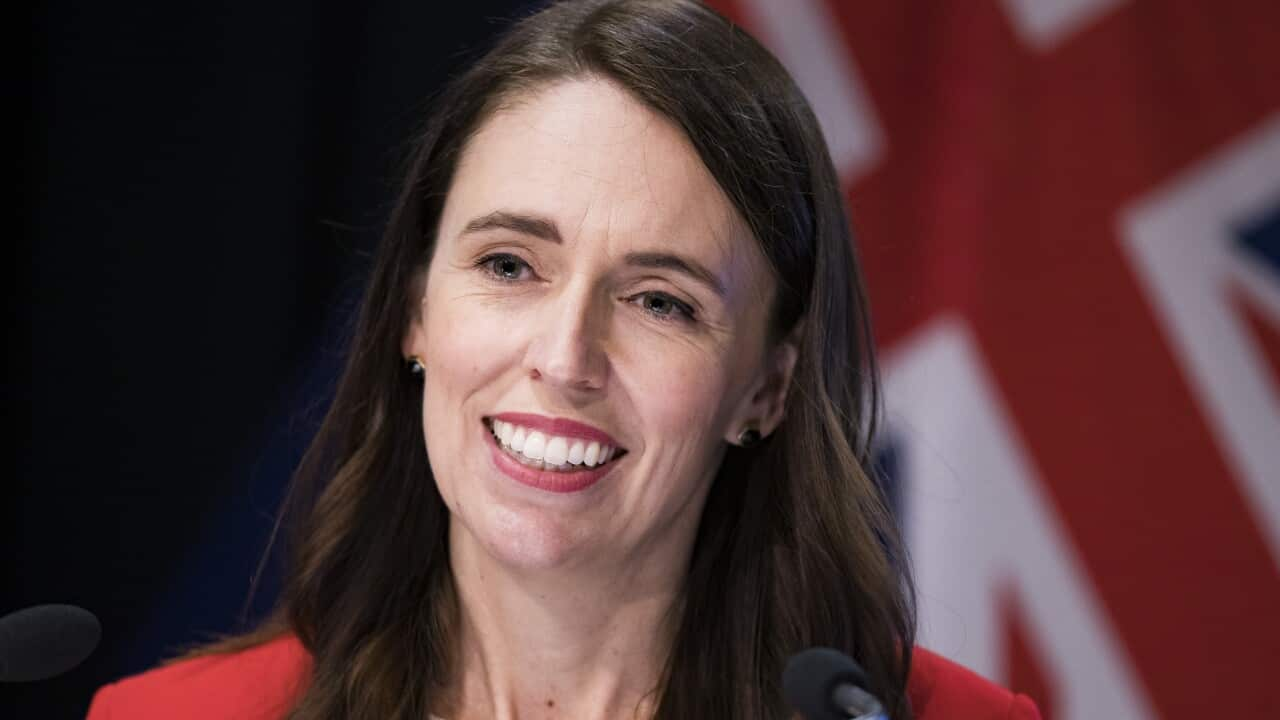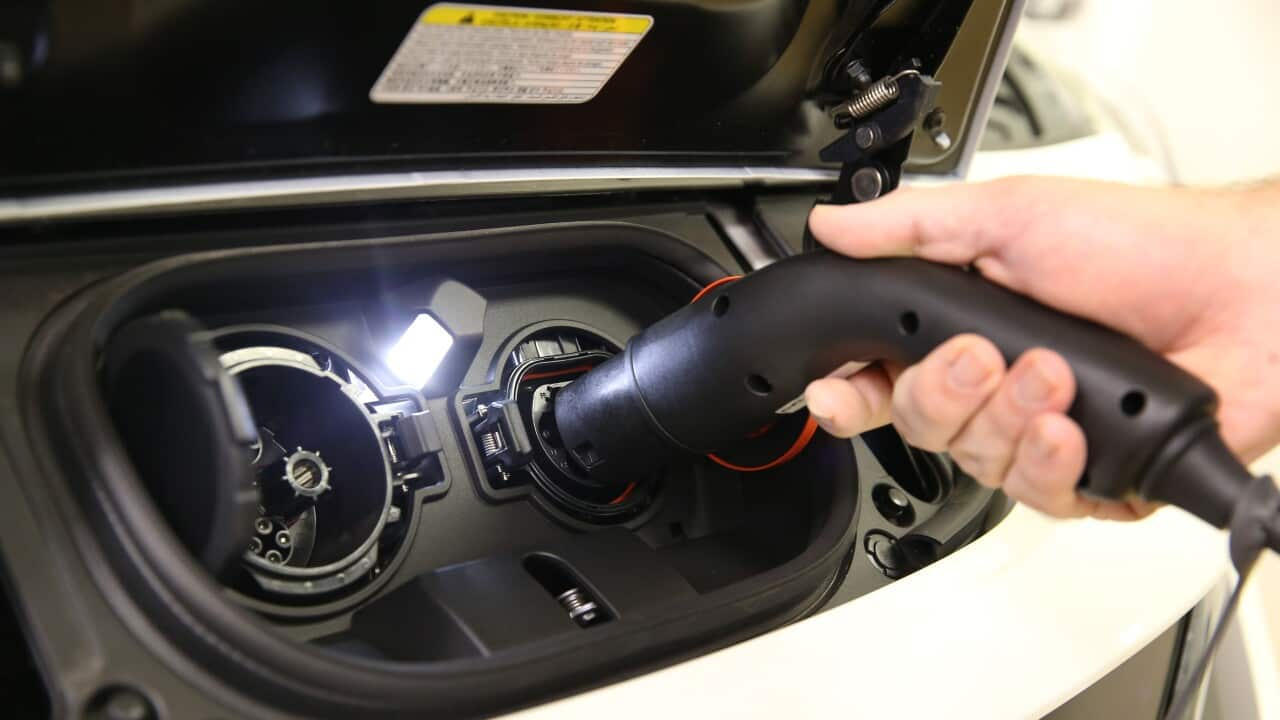Thousands of low-income Kiwis will be incentivised to trade in their gas-guzzlers for e-bikes and zero emission cars as part of New Zealand's emissions-cutting climate change plan.
Jacinda Ardern's government has set aside $515 million for the "scrap-and-replace" scheme, one of several eye-catching measures in the plan, released on Monday after four years in the making.
There is money for scaling up native forests, decarbonisation, diverting organic waste from landfill and even more bus drivers for the expected public transport boom.
But agriculture and dairy have been spared heavy lifting, which lays out a roadmap to meeting New Zealand's international pledges.
Transport emissions will need to fall by a third over the next decade, with growth in native forests helping offset overall emissions.
'A turning point in history'
While the prime minister was absent due to COVID-19, a suite of ministers led by deputy PM Grant Robertson outlined $2.6 billion of spending.
Mr Robertson said it was "a turning point in history".
"This plan guides every single sector of society and our economy to meet the long-term targets we've seen in the budgets that keep us on track along the way," he said.
More than one billion dollars of the new spending will be spent decarbonising transport, including the "clean car upgrade" scrap-and-replace scheme.
That will take 2500 cars off the road next year, replacing them with other cleaner modes of transport, for $14.5 million.
Lower-income families will be targeted in the scheme, which ramps up in 2024.
Just two per cent of New Zealand's cars are low or zero-emission vehicles, and the government wants to hit 30 per cent by 2035 — when new dirty vehicles will be banned.
Public transport features strongly, with $55 million pledged to attract bus new drivers and offer competitive pay.
New Zealand's buses will all be zero-emission by 2035.
There is also $590 million for decarbonisation projects.
Still, the plan is likely to fall short of climate advocates' hopes.
It fails to give a timeline to phase out coal - which New Zealand imports in spades - and gives just $344 million for agriculture, despite the sector contributing roughly half of New Zealand's greenhouse gas emissions.
Agriculture emissions - including the high-polluting dairy industry - are budgeted to be 75 per cent of New Zealand's emissions profile in a decade's time.

New Zealand Prime Minister Jacinda Ardern. Source: AAP
The plan has been envisaged by the Labour government since it took office in 2017, when Ms Ardern called climate change her generation's "nuclear-free moment", a reference to New Zealand's fierce anti-nuclear protests of the 1980s.
In 2019, it passed the Zero Carbon Act to create the independent climate change commission, which recommends both "carbon budgets" the government must meet and plans to do it.
The first budget - from 2022-2025 - caps carbon dioxide equivalent greenhouse gas emissions at 72.4 megatonnes per year, a fall of roughly two megatonnes from the recent average.
The next two budgets will see accelerated change.
In 2026-2030, 61 megatonnes are allowed each year, followed by 48 megatonnes in 2031-35.
Crucially, the opposition National party have offered support for the budgets, as have the Greens and Maori Party.
That means there is no genuine debate in New Zealand about the scale of reducing emissions, simply the path to get there.
Monday's plan does not include every suggestion made by the climate change commission, with the government rejecting the idea to ban new gas connections to homes.












